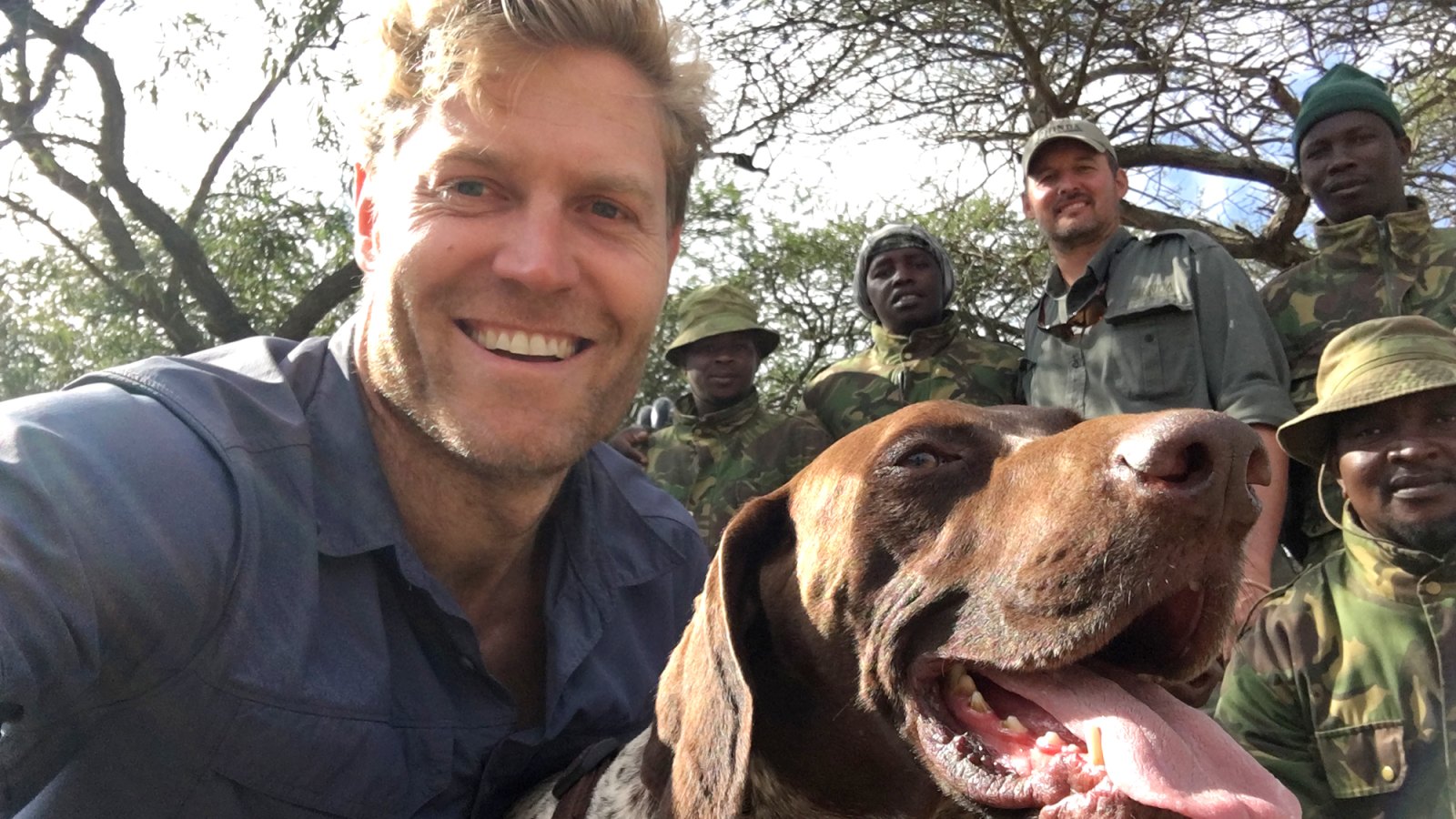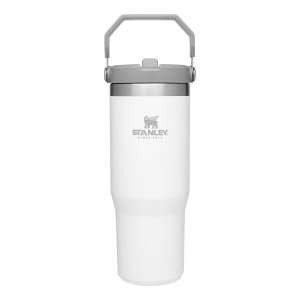Want to make a difference in the lives of animals during your vacation? Consider voluntourism! What is it? “Volunteer tourism” is when instead of just sightseeing or lounging on the beach, vacationgoers are traveling to do good with their time off.
“It’s a big trend out there,” Dr. Chris Brown, the star of Animal Planet’s Vet Gone Wild (Sundays at 8 p.m. ET), tells Us Weekly. “We all want to enjoy a holiday but feel like we’ve made a difference in the world.”
He adds: “So many of our favorite holiday spots have a not-so-hidden secret: While we’re living life, a short walk away from our resorts, animals are often struggling to survive in theirs.”
The Aussie and internationally renowned vet loves to do voluntourism in Sydney, but there are plenty of opportunities stateside. For example, there’s Best Friends Animal Society’s sanctuary in Utah, where volunteers can do everything from walk dogs to snuggle with cats and clean rabbit runs; or book a room at the Catskill Animal Sanctuary‘s guest house in New York, where you can help with animal care and special projects.
Brown points out that it’s not going to be glamorous work, “but it will make a difference and ultimately save lives.” He adds that most of the work at shelters is cleaning, feeding and exercising, which ultimately means making the lives of the animals better. “These sanctuaries often couldn’t function without volunteers, so ultimately, you are responsible for them saving the lives they do,” he notes.
But how do you decide which group to do voluntourism with and ensure that you do the most good possible and don’t get caught in what Brown calls the “voluntourism trap”? He offers these handy tips to Us:
1. Do your research before you visit.
“A quick Google search will reveal just how in need [organizations] really are,” Brown points out. “TripAdvisor will also be worth a look and the reviews there will give a good indication about how legitimate they are. Making sure they are a registered not-for-profit charity should help you to know you’re not just free labor for a group that’s more about making money than saving lives. And if your shelter encourages riding of the animals or charges money for photos, steer clear of them.”
2. Make sure you have necessary vaccinations, especially if you’re traveling out of the country.
“While it’s surprisingly rare for any of their bugs to cross over to us, most shelters will insist that you have your rabies shots up to date,” advises Brown. “And be prepared for the odd itch or scratch if you’re working with stray or wild animals. They often come into sanctuaries scared and alone … aside from the odd flea or mite.”
3. Speak up about your special skills.
“If you happen to be handy in one particular area, then make sure you let them know,” says Brown. “Shelters and refuges run on tight budgets, so if you can step in and save them from hiring a tradesman or laborer, then you’ll not just be saving lives, but also some serious money. Shelters always welcome extra help with plumbing, electrical work, refrigeration, sewing, cleaning, carpentry, IT and graphic design.”
Brown adds veterinarians and vet nurses obviously have skills that are extremely useful, but even those without veterinary training will be welcome. “There will always be a job for everyone,” he says.
4. Volunteer for more than a few hours.
“Given the time taken to induct and explain the workings of a sanctuary, try to avoid [stopping by] for just a few hours,” Brown notes. “Multiple days will certainly help you make a difference.”
5. Remember: You can’t adopt every animal.
“The little faces you meet and the tough life these animals have led can break your heart,” admits Brown. “But just know that just by being there, you are making an almighty difference. And giving these animals a human they can trust can help to heal them from the inside. And while many of us do make a connection we can’t break, the reality is you can’t adopt every animal you meet.”
If voluntourism isn’t in the plans this summer, Brown reminds that you can always consider a donation, and it doesn’t have to be monetary in nature to make a difference. “Some items are even better than money,” he says, offering beach towels and spare blankets as examples of items that are often in short supplies at shelters. “Visiting your vet and buying a year’s worth of flea and tick control for a dog or cat can really make a considerate present.”
Us Weekly articles and content are for informational purposes only. Nothing contained in Us Weekly articles and/or content is or should be considered, or used as a substitute for, veterinary or professional advice, diagnosis or treatment. If you believe your pet may have a medical emergency, call or visit your veterinarian or your local veterinary emergency hospital immediately.


